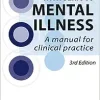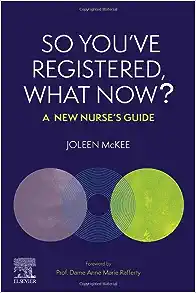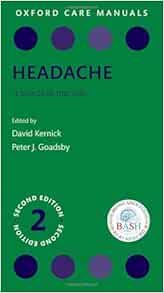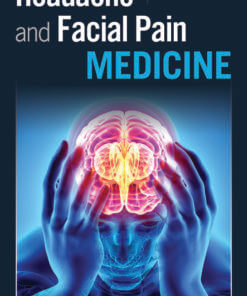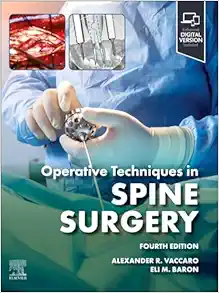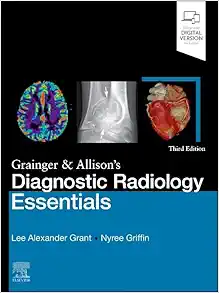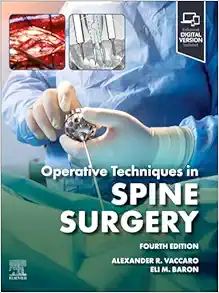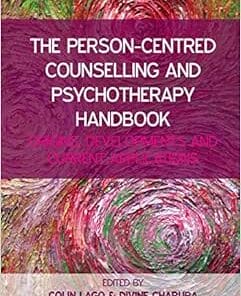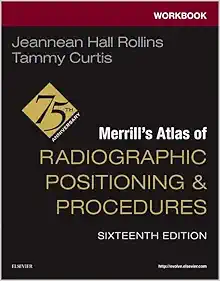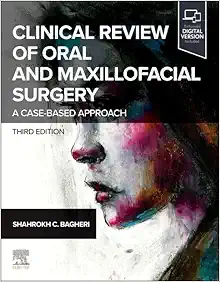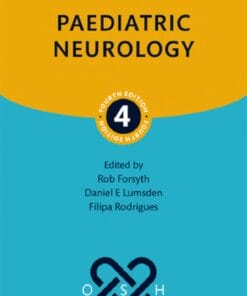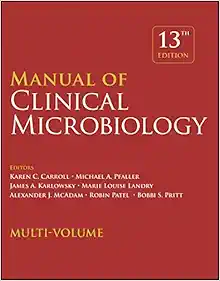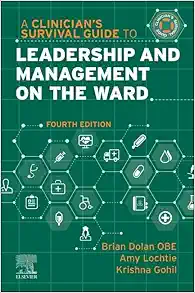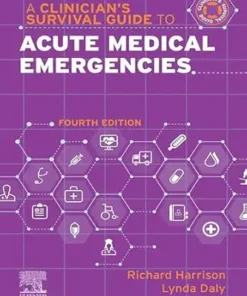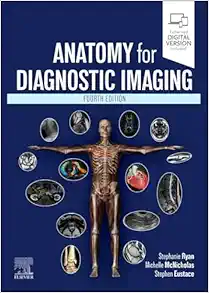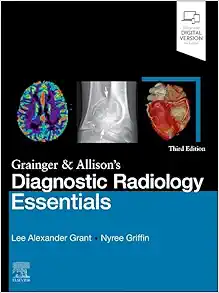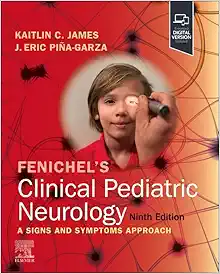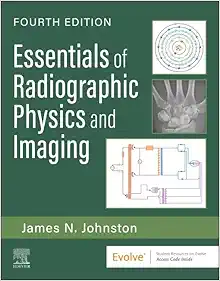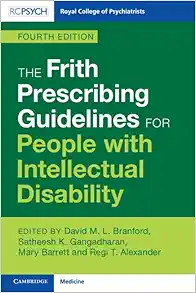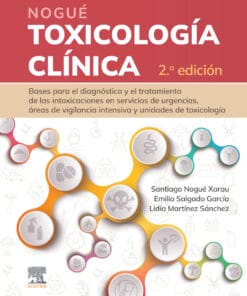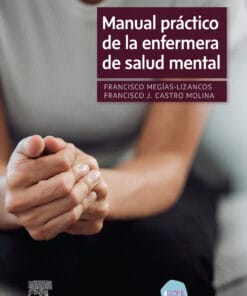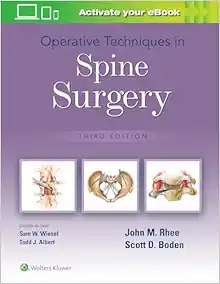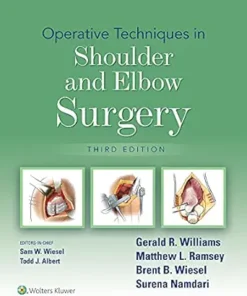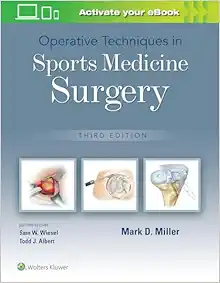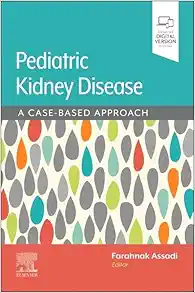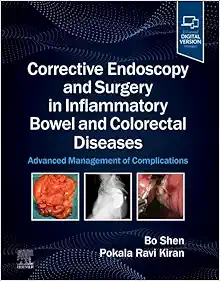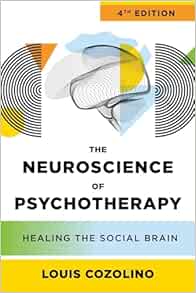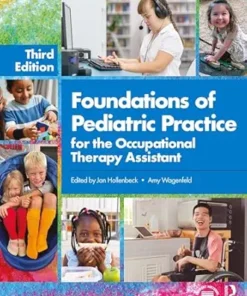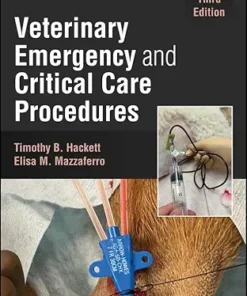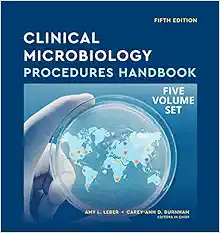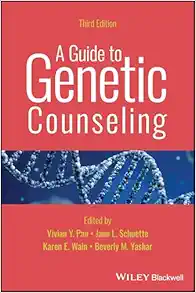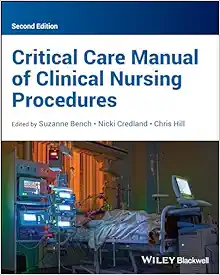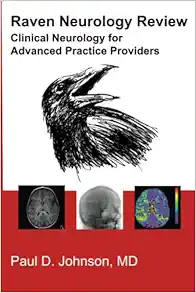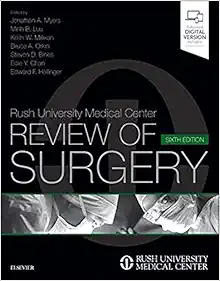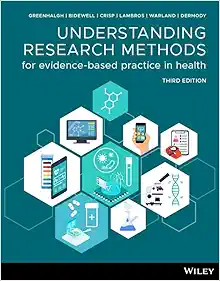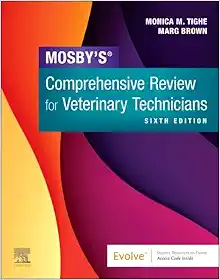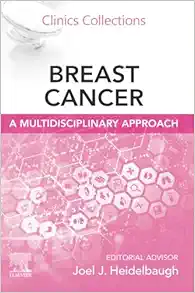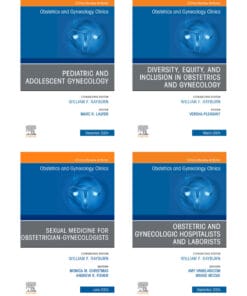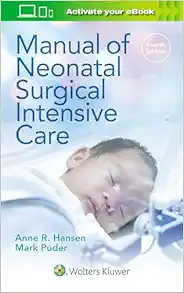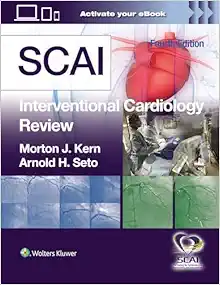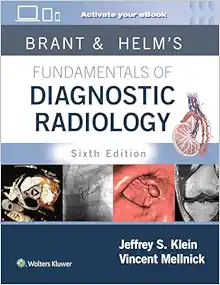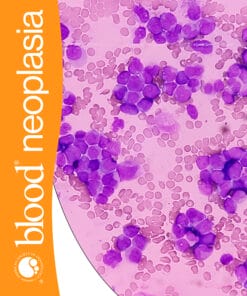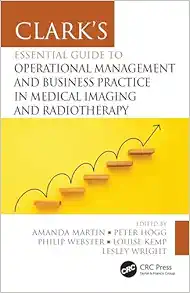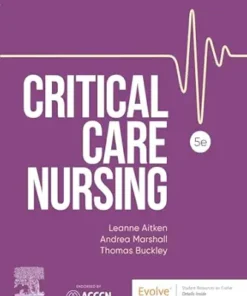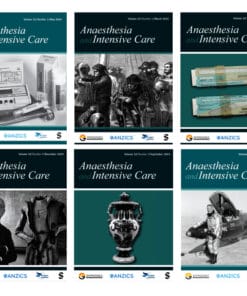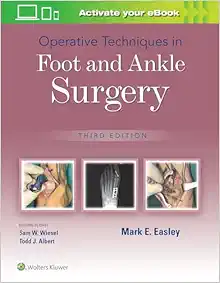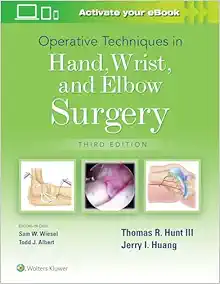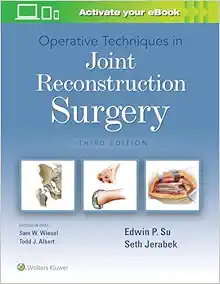So You’ve Registered, What Now?: A New Nurse’s Guide (EPUB)
5 $
Format : EPUB
File Size : 3.3 MB
“So You’ve Registered, What Now?: A New Nurse’s Guide” by Joleen McKee is a comprehensive guide for newly registered nurses. It offers practical tips, current regulations, and real-world advice to help nurses navigate the healthcare system effectively. The book covers topics such as preceptorship, nursing during the COVID-19 pandemic, and the importance of reflection in practice. It is highly recommended for newly registered nurses, nursing students, nurse educators, and healthcare administrators. The book provides both emotional and practical support, making it an invaluable resource for new nurses.
So You’ve Registered, What Now?: A New Nurse’s Guide (EPUB)
By Joleen McKee BSc (Hons) RN
Introduction to the nursing profession
As a newly registered nurse, it is important to have a comprehensive understanding of the nursing profession. Nursing is a rewarding career that involves providing care and support to individuals, families, and communities. Nurses play a critical role in the healthcare system and are responsible for promoting health, preventing illness, and providing patient-centered care [1]. Understanding the scope of practice and the responsibilities of a nurse is essential to providing safe and effective care to patients.
The role and responsibilities of nurses are diverse and multifaceted. Nurses are responsible for assessing patient needs, developing care plans, administering medications and treatments, and monitoring patient progress [2]. Additionally, nurses collaborate with healthcare teams to provide holistic care to patients [3]. Nurses must also prioritize patient safety and advocate for their patients’ needs [4]. Understanding the importance of these responsibilities is crucial to providing high-quality care to patients.
Continuous learning and professional development are essential for nurses to stay current with the latest healthcare practices and to provide the best possible care to patients. Nurses must continually update their knowledge and skills to adapt to new technologies, treatments, and healthcare practices [5]. There are many opportunities for nurses to continue their education, including free continuing education courses and requirements [6][7]. Prioritizing professional development can lead to career advancement and improved patient outcomes [1].
Your first few weeks as a new nurse
As a new nurse, your first few weeks on the job can be overwhelming. However, orientation and training programs can help ease the transition into your new role. Some mentorship programs may already be built into your orientation or residency training, but you can also network and find your own mentor to help guide you through the process [8]. During orientation, you may sit in a classroom with other new nurses to learn about hospital policies, procedures, and protocols, as well as receive training on specific skills and technologies [9]. It is important to take advantage of these opportunities to ask questions, clarify information, and gain a better understanding of your role and responsibilities as a new nurse [1].
Getting to know your colleagues and the work environment is also important during your first few weeks. This can include introducing yourself to other nurses, doctors, and staff members, as well as familiarizing yourself with the layout of the hospital or healthcare facility [10]. Building positive relationships with your colleagues can help create a supportive work environment and improve patient care [1]. Additionally, understanding the culture and values of your workplace can help you better adapt to your new role and feel more comfortable in your work environment [11].
Finally, it is important to understand hospital policies and procedures as a new nurse. This can include learning about patient confidentiality, infection control, and medication administration protocols [12]. Understanding these policies and procedures can help ensure patient safety and prevent errors [13]. Additionally, it is important to stay up-to-date with any changes or updates to these policies and procedures, as they can evolve over time [14]. Overall, taking the time to learn about your new work environment, build relationships with your colleagues, and understand hospital policies and procedures can help ease the transition into your new role as a nurse and set you up for success in your career.
Tips for providing quality patient care
As a new nurse, providing quality patient care is essential to your role. One of the most important aspects of providing quality patient care is effective communication with patients and their families. It is crucial to stay HIPAA compliant and consider more than just your words when communicating with patients and their families [15]. Listening with empathy and valuing families’ input can help build trust and improve patient outcomes. Writing skills are also essential for nurse-to-nurse communication, nurse-to-physician communication, and in patient communications [16]. Therefore, it is important to develop effective communication skills to provide the best possible care to patients and their families.
Proper medication administration is another critical aspect of providing quality patient care. It is essential to understand the medication administration process and demonstrate this knowledge within the NCLEX-RN exam [17]. As a new nurse, it is important to ensure that you are administering the correct medication, at the right time, and in the correct dosage. Always double-check medication orders and verify patient allergies before administering any medication [1]. Additionally, be aware of medication interactions and side effects, and report any adverse reactions to the appropriate healthcare provider [18]. By following these guidelines, you can ensure safe and effective medication administration and contribute to improved patient outcomes.
Maintaining accurate medical records is crucial for providing quality patient care. As a new nurse, it is important to understand the importance of accurate documentation and develop strong documentation skills [11]. Documentation should be timely, complete, and accurate, reflecting the patient’s condition, treatments, and progress [12]. Always document any changes in the patient’s condition, as well as any interventions or treatments provided. Additionally, be aware of HIPAA regulations and ensure that all documentation is kept confidential and secure [19]. By maintaining accurate medical records, you can contribute to improved patient outcomes and ensure continuity of care.
Navigating the challenges of the nursing profession
Starting a career as a new nurse can be challenging, but there are ways to navigate the difficulties of the profession. Coping with stress and burnout is one of the most significant challenges nurses face [20]. It is essential to recognize the signs of burnout and take steps to prevent it, such as practicing self-care and seeking support when needed [21]. Full of real-life tips and insights from practicing nurses, a new guide for new registrants provides encouragement and advice to help prepare for the challenges of the profession [1]. By implementing strategies to manage stress and prevent burnout, new nurses can build a successful and fulfilling career in nursing [12].
Dealing with difficult patients and families is another challenge that new nurses may encounter. It is crucial to remain professional and empathetic while communicating with patients and their families [22]. The new guide for new registrants offers practical tips and insights from experienced nurses to help new nurses handle difficult situations with confidence [12]. Full of real-life tips and insights from practicing nurses, the guide provides encouragement and advice to help new nurses navigate the complexities of the profession [18]. By implementing techniques to manage challenging situations, new nurses can build strong relationships with patients and their families and provide excellent care [19].
Handling emergencies and critical situations is a critical aspect of the nursing profession. Nurses must be prepared to act quickly and effectively in emergency situations [23]. The new guide for new registrants provides essential tips and strategies to help nurses handle emergency situations effectively [24]. By practicing and implementing these strategies, new nurses can build confidence and provide exceptional care in critical situations. Full of real-life tips and insights from practicing nurses, the guide offers encouragement and advice to help new nurses prepare for the challenges of the profession [12]. With the right tools and preparation, new nurses can build a successful and rewarding career in nursing [25].
Advancing your nursing career
Continuing education and advanced training opportunities are essential for advancing one’s nursing career. Nurses can take advantage of free continuing education courses to meet their continuing education requirements [6]. These courses can be taken through a continuing education provider recognized by the Board of Registered Nursing [26]. Additionally, nurses can pursue advanced degrees such as a Master of Science in Nursing (MSN) or a Doctor of Nursing Practice (DNP) to expand their knowledge and skill set [19]. Engaging in ongoing education and training can help nurses stay up-to-date with the latest advancements in healthcare and enhance their career opportunities [12].
Pursuing specializations and certifications can also help nurses advance their careers. Specializing in areas such as pediatrics, oncology, or critical care can provide opportunities for growth and development within a specific field [27]. Obtaining certifications in areas such as gerontology, hospice and palliative care, or emergency nursing can also demonstrate a nurse’s expertise and commitment to their profession [28]. Pursuing specializations and certifications can lead to increased job opportunities, higher salaries, and greater job satisfaction [19].
Exploring leadership and management roles in nursing is another way to advance one’s career. Nurses can pursue roles such as nurse manager, nurse educator, or nurse executive to take on leadership responsibilities and make a greater impact on patient care outcomes [29]. These roles require strong communication and problem-solving skills, as well as a deep understanding of healthcare regulations and policies [1]. Nurses who pursue leadership roles can shape the future of healthcare and make a positive impact on their communities [18][25].
Product Details
- Publisher : Elsevier; 1st edition (April 20, 2023)
- Language : English
- eBook Digital : 176 pages
- ISBN-10 : 0323933920
- ISBN-13 : 978-0323933926
Related Products
Medical Book
Medical Book
Medical Book



